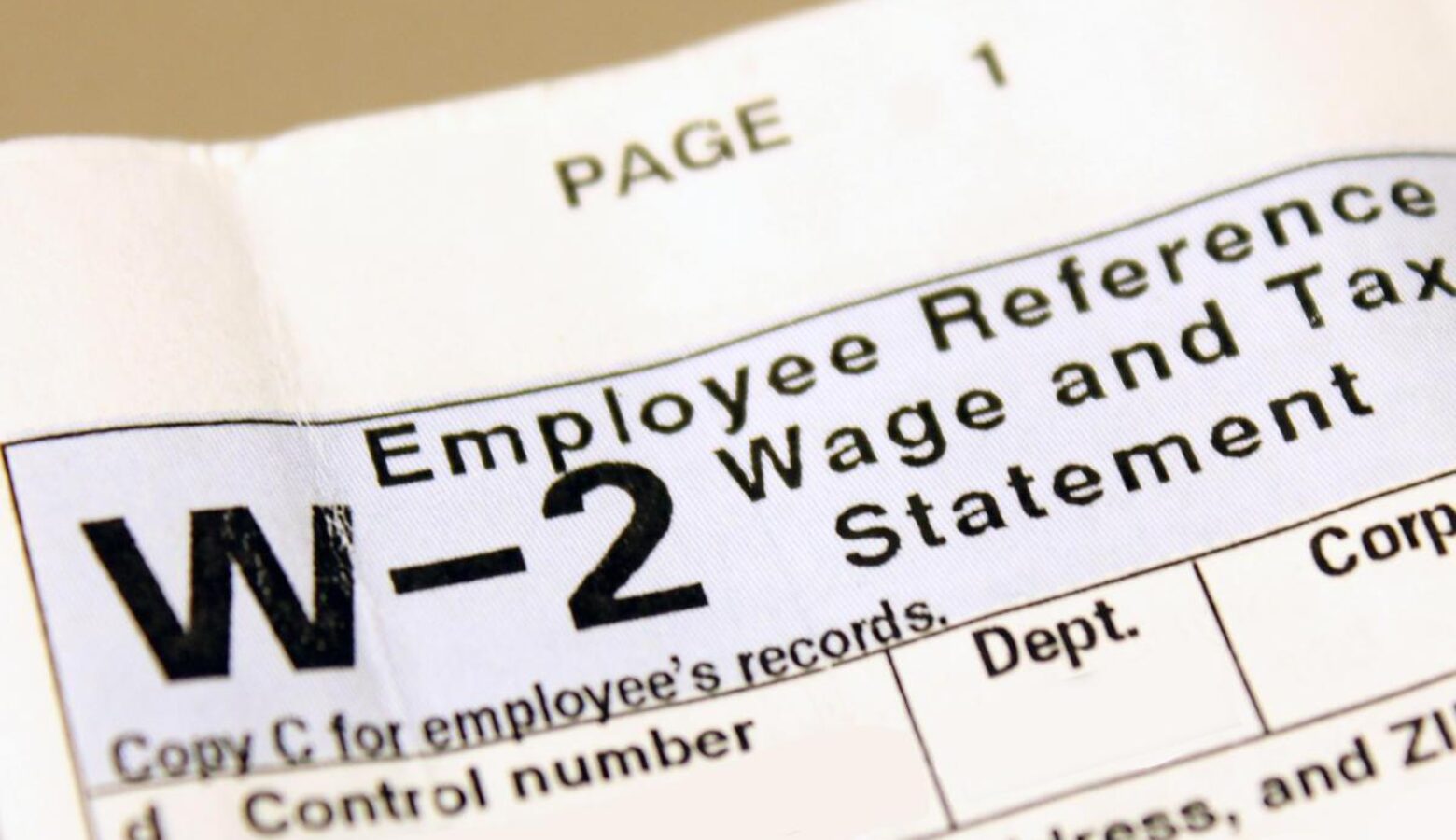The deadline to file individual income taxes is April 15. Here’s what you need to know

How can older adults and retirees efficiently and effectively file taxes in Indiana? How can Hoosiers avoid tax penalties? How does Indiana’s tax structure compare to other states?
These questions and others were sent to us by our text group, the Indiana Two-Way. It’s a weekly text group that provides news updates and asks questions to inform our reporting. To join, text the word “Indiana” to 765-275-1120.
What resources are available for low- to moderate-income Hoosiers?
The Internal Revenue Services’ Volunteer Income Tax Assistance program includes sites nationwide with certified tax preparers to assist in filing taxes.
Carla James is the project coordinator for the Marion County VITA program. She said the program has many benefits for those who qualify.
“If you make $66,000 or less, we can typically assist you with tax preparation,” she said. “We do federal and state tax returns. We also do some prior year tax returns as well. And our target population again is low to moderate, also seniors and those who received the earned income tax credit.”
Where can older adults, retirees in Indiana get tax-filing assistance?
Stacy Engle is a spokesperson for the Internal Revenue Service. She said in-person assistance includes volunteer income tax assistance, or VITA, clinics and tax counseling for elderly, or TCE, sites.
“The tax counseling for the elderly is focused on retirement or Social Security recipients – people that are older than 60,” Engle said. “They help not only file their tax returns, but they can help guide them to understand the taxability of their Social Security income.”
She said this tax counseling can also help seniors who have minimum distribution for retirement or individual retirement accounts based on their age.
Join the conversation and sign up for the Indiana Two-Way. Text “Indiana” to 765-275-1120. Your comments and questions in response to our weekly text help us find the answers you need on statewide issues and the election, including our project Civically, Indiana.
How can I avoid tax penalties when filing my taxes?
The deadline to file last year’s tax returns is April 15. One expert advises Hoosiers on how to avoid penalties for late or incomplete filings.
Stacey Engle is a spokesperson for the Internal Revenue Service. She said the biggest penalties the IRS imposes are for failure to file on time or within the timeframe of an extension.
“The failure to file penalty is actually our largest penalty on the individual tax return, it is 5 percent up to 25 percent for being late,” she said. “There is also the failure to pay, which is a 5 percent up to 25 percent, but it’s reduced based on if you paid some ahead of time or if you’ve made deposits or stuff like that.”
Engle said to avoid these penalties, it is best to either file a tax return without paying, or filing for an extension.
How does Indiana’s tax structure compare to other states?
Richard Auxier is the principal policy associate at the Urban-Brookings Tax Policy Center. He said when comparing tax rates between states, it’s important to remember all comparisons are relative.
“It’s all relative,” he said. “These are all part of larger decisions about how we want to fund government and what we want to spend on government. And just because Indiana or any other state is average, that doesn’t mean good. It just means that it’s in line with what other places are doing.”
Auxier said Indiana tends to collect less property tax than other states.
What is federal excise tax and where does it go?
Stacy Engle is a spokesperson for the Internal Revenue Service. She said excise tax is placed on specific goods and services.
“Federal excise tax is generally imposed on the sale of things like fuel, airline tickets, heavy trucks, highway tractors, tanning, tires, tobacco and certain other goods and services,” Engle said.
She said most excise tax paid by consumers goes toward funding projects the tax is for, such as highway or airport improvements.
Violet is our daily news reporter. Contact her at vcomberwilen@wfyi.org or follow her on Twitter at @ComberWilen.
